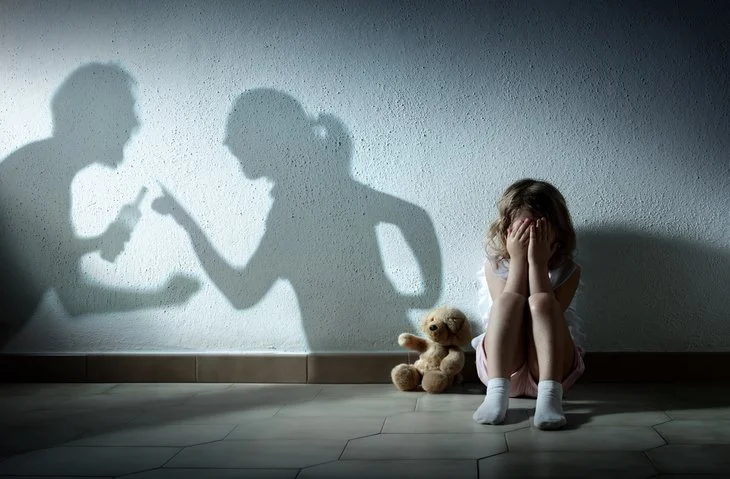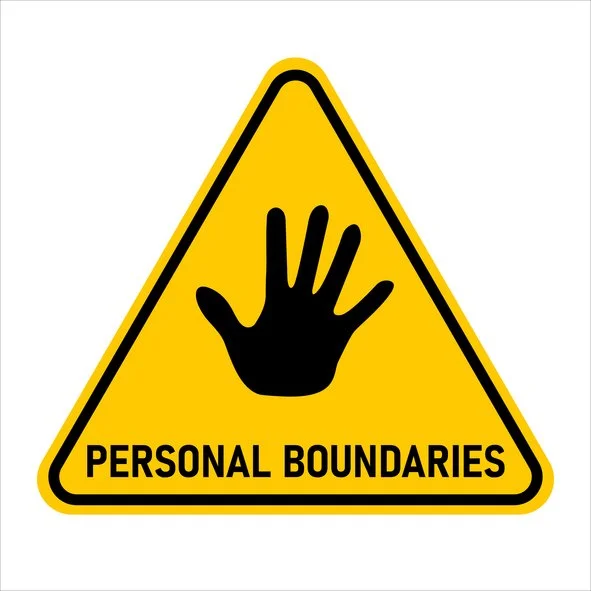The Dark Side of Empathy: When Compassion Enables Harm
Empathy is often celebrated as one of humanity’s noblest traits. It allows us to connect with others, feel their pain, and offer support in times of need. It’s the glue that holds relationships together and the spark that ignites acts of kindness. But like any strength, empathy has a shadow side. When wielded without discernment, it can become a liability, enabling harmful behaviors in others or clouding our judgment to the point of self-sabotage. Consider the case of enabling an alcoholic who refuses to help themselves—a scenario where empathy, though well-intentioned, can perpetuate suffering, burden those around them, and ruin the peace of everyone involved. This isn’t to say empathy is inherently flawed, but rather that it requires balance and boundaries to remain a force for good.
At its core, empathy is about understanding and sharing someone else’s feelings. It’s what compels us to sit with a friend in distress, to offer a shoulder to cry on, or to lend a hand when someone stumbles. In the context of an alcoholic, empathy might manifest as patience during their outbursts, financial support when they’ve spent their last dime on liquor, or endless forgiveness for broken promises. These acts feel noble—after all, who hasn’t been taught that love and compassion mean standing by someone no matter what? But here’s where the trouble begins: empathy without limits can accidentally prop up the very behaviors we hope to heal. By shielding someone from the consequences of their actions, we may rob them of the motivation to change, trapping them—and ourselves—in a cycle of dysfunction.
Imagine a family member or close friend who struggles with alcoholism. They’re charming when sober, but volatile and unreliable when drunk. You’ve seen the toll it takes—the missed rent payments, the wrecked relationships, the chaos that spills into everyone else’s lives. Yet, when they call you in tears, swearing they’ll get better, your heart softens. You pay their bills, clean up their messes, and make excuses to others on their behalf. This is empathy in action, but it’s also enablement. By stepping in repeatedly, you’re not just helping them survive; you’re helping them avoid accountability. They don’t hit rock bottom because you’ve cushioned the fall. Meanwhile, your own peace erodes—nights spent worrying, arguments with others who resent the burden, and a growing sense of resentment you’re too guilty to admit.
This dynamic isn’t unique to alcoholism. It applies to any situation where empathy overrides reason, whether it’s a friend who chronically borrows money without repaying it or a partner who manipulates with emotional outbursts. The common thread is that empathy, when unchecked, can prioritize the feelings of the person in front of us over the broader reality of the situation. It’s a form of emotional tunnel vision. You see their pain so vividly that you miss the wreckage they leave behind—or the fact that your kindness might be prolonging their struggle rather than resolving it. In the case of the alcoholic, your compassion might keep them comfortable enough to keep drinking, while their refusal to seek help drags everyone else down with them.
Judgment gets clouded here because empathy often feels like the moral high ground. Saying “no” or walking away can seem cold, even cruel. Society praises selflessness, and cutting off support for someone in pain feels like a betrayal of that ideal. But there’s a difference between abandoning someone and refusing to enable them. The alcoholic who disrupts family gatherings, drains shared resources, and lashes out at loved ones isn’t just hurting themselves—they’re eroding the stability of those around them. At what point does empathy for one person become an injustice to everyone else? The spouse who loses sleep, the children who grow up in chaos, the friends who pick up the slack—they all pay a price for that unchecked compassion.
This isn’t to vilify empathy itself. It’s a vital tool for connection and understanding, and abandoning it entirely would leave us isolated and callous. The problem arises when it’s not tempered with clarity and boundaries. Think of empathy as a fire: it warms and sustains when controlled, but left unchecked, it burns down the house. Setting limits doesn’t mean you stop caring—it means you care enough to prioritize long-term well-being over short-term relief. For the alcoholic, this might look like refusing to bail them out financially but offering to drive them to a rehab meeting. It’s a shift from reactive compassion to proactive support, one that respects their autonomy while protecting your own sanity.
The emotional toll of this balancing act can’t be understated. It’s exhausting to love someone who won’t help themselves, and guilt often creeps in when you pull back. You might wonder if you’re being too harsh, if one more chance could make the difference. But here’s the hard truth: you can’t save someone who doesn’t want to be saved. Empathy might compel you to try, but wisdom reminds you that their choices aren’t yours to make. In the case of the alcoholic, their refusal to change isn’t a reflection of your failure—it’s a boundary they’ve set, whether they realize it or not. Respecting that boundary, even when it means stepping away, can be an act of love in itself.
Ultimately, empathy becomes a problem when it sacrifices clarity for comfort or peace for appeasement. It’s a delicate dance to care deeply without losing sight of reality. The alcoholic who burdens those around them isn’t owed endless rescues, and the people caught in their orbit deserve tranquility too. Striking that balance requires courage—the courage to say no, to endure discomfort, and to trust that tough love can sometimes be the kindest path. Empathy is a gift, but it’s not a blank check. When it enables harm or clouds judgment, it ceases to serve its purpose and becomes a chain instead of a bridge.



